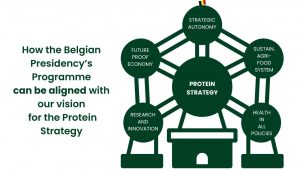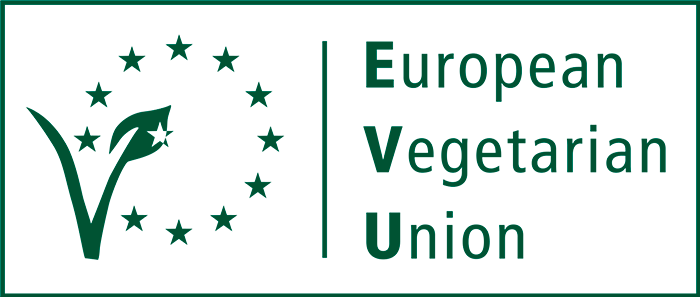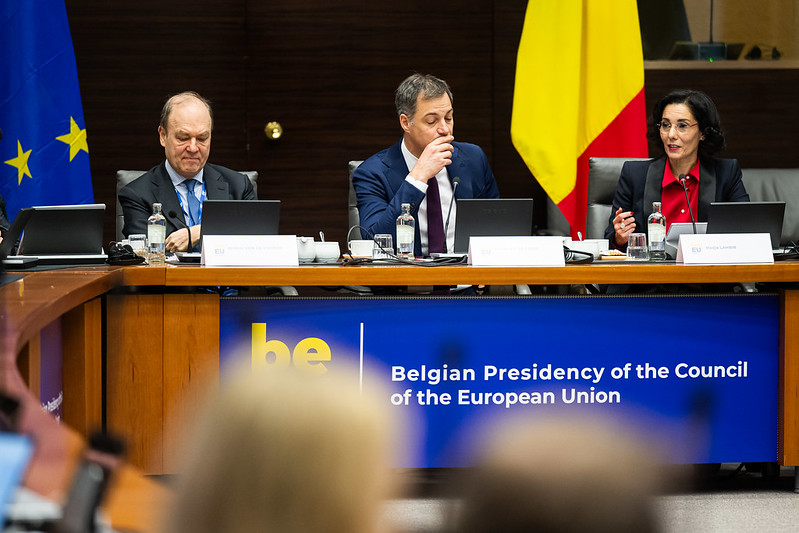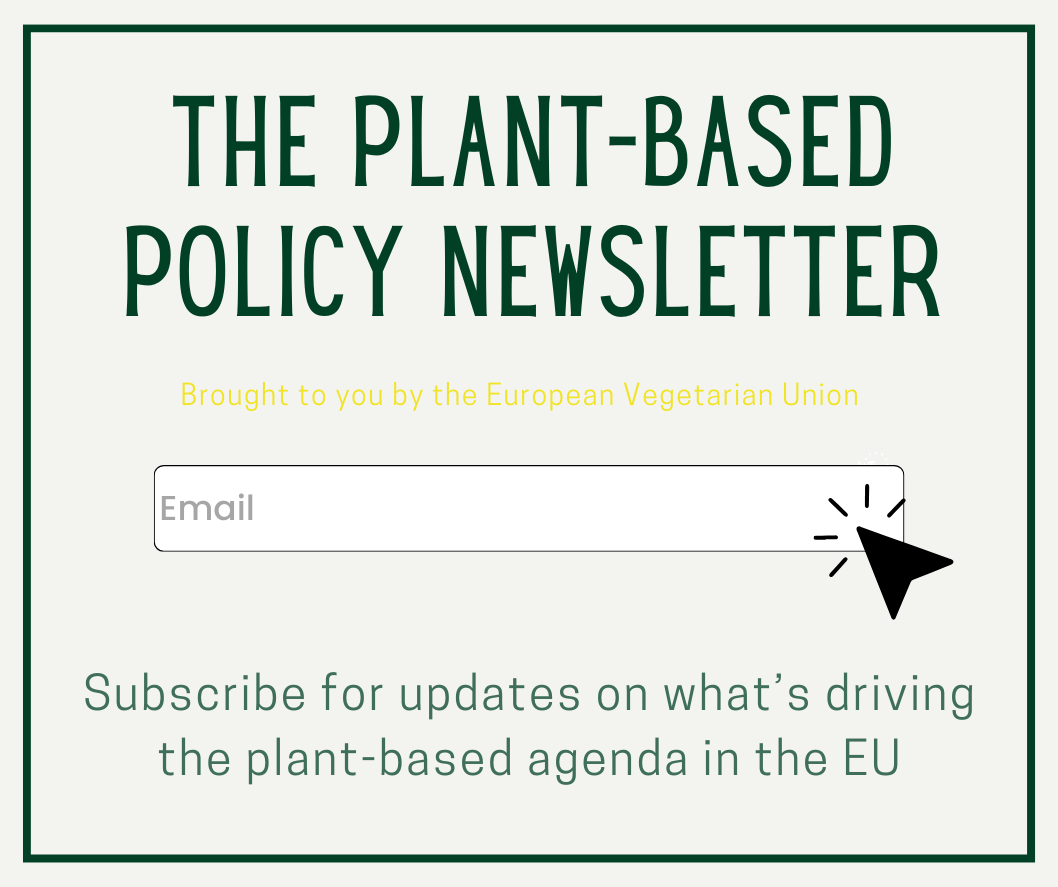We recently welcomed the start of the Belgian Presidency to the European Union, an important period in legislative terms which will moreover coincide with the electoral campaign and European election. With the responsibility of leading Europe towards a set of potentially polarising elections, and advancing files such as the Protein Strategy, we raise the question: will the country known for adding animal fat to “frites”, deliver for plant-based diets?
Looking into the Presidency’s programme, we believe significant tracts of it can be aligned with our vision for a sustainable future. Plant-based diets go hand in hand with promoting more sustainable agri-food systems, increasing strategic autonomy, introducing health in all policies, creating a future-proof economy and investing in R&I. All of which are key issues of the Belgian programme. With the various priorities set, the challenge lies in determining the appropriate timing and seizing the opportunities to act.
The Sustainable Food Systems Framework is on hold for the time being and with the Presidency running parallel to the elections, the chances for further progress seem slim. However, there is still room to manoeuvre as we look to an upcoming Protein Strategy Report, Council discussions and conclusions on the future of food as well as planned events on food systems. This is where the European Vegetarian Union’s recently published Plant-Based Manifesto can serve as a bridge between the stated ambitions and the steps needed to reach them.
In alignment with the Presidency’s major aim of Open Strategic Autonomy, we acknowledge that the EU relies too heavily on protein crop imports from outside of Europe. This is notably one of the reasons for the current discussions on the protein strategy. It is important to point out that using plant protein for human consumption can be more efficient and could free up both land and resources. This was pointed out in the recent SAPEA report and previously by the EAT-Lancet Commission.
The Plant-Based Manifesto highlights the concept of “Food Security by design” that plant-based diets can provide. Therefore, it’s not just about shifting production to Europe, but also about determining the appropriate amount to produce, its purpose, and the efficiency of its use. This efficiency should take into account planetary boundaries and human nutritional needs.
We urge and advocate for the incorporation of health in all policies, including in future files such as the Protein Strategy, but also more traditional ones such as the Common Agricultural Policy (CAP). Our call to transform the CAP into a policy that equally values sustainability and health is a much-needed step to achieve the health and climate goals the EU has set.
Within these targets, and the Protein Strategy, we propose an increase in plant-based protein production within the EU with concrete consumption targets: 60% of protein intake from plant-based protein in 2030, 70% in 2040 and 80% by 2050. With plant protein consumption currently representing only 40% of consumption, there is not just room for, but an urgent need for, improvement. A shift in consumption towards plant-based stands to deliver health benefits, reduce our environmental impact, and further align with the Belgian Presidency’s aim for a sustainable agri-food sector. Furthermore, it stands to benefit the farming sector, with a Protein Strategy aimed at increasing support and bringing home overseas production of protein crops for human consumption.

Increasing demand for plant-based protein can be an opportunity for European farmers to grow high-value protein crops for food for both traditional foods (pulses for example) and innovative foods, such as plant-based meats – a move which reflects the Belgian Presidency’s stated aim of having a future-proof system in place. However, to do so, they will need financial and technical support. That’s why we also advocate for the development of a Just Transition Mechanism to support farmers’ transition and training towards more sustainable productions.
Meanwhile, for companies producing plant-based and cultivated alternatives, this is the true essence of R&I and a future-proof economy, creating highly qualified, green jobs that appeal to younger generations.
Our Manifesto offers a science-based blueprint for implementable policy initiatives for the strategic goals of the Belgian Presidency. We now encourage the Presidency to be ambitious in its targets and plant the seeds for truly sustainable EU food systems.


